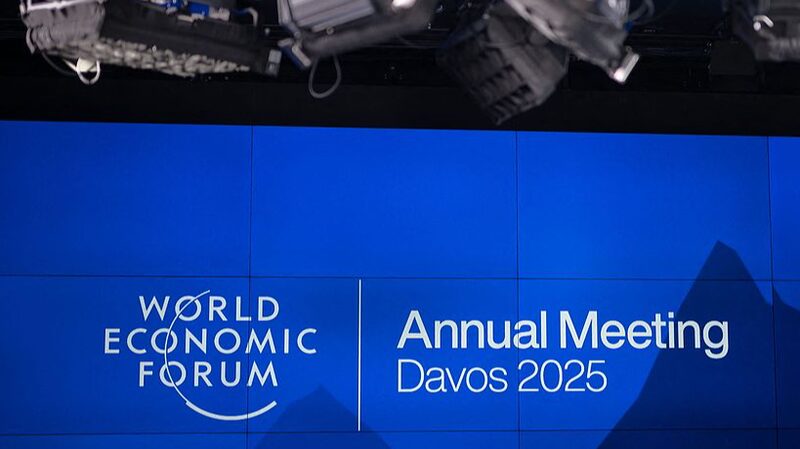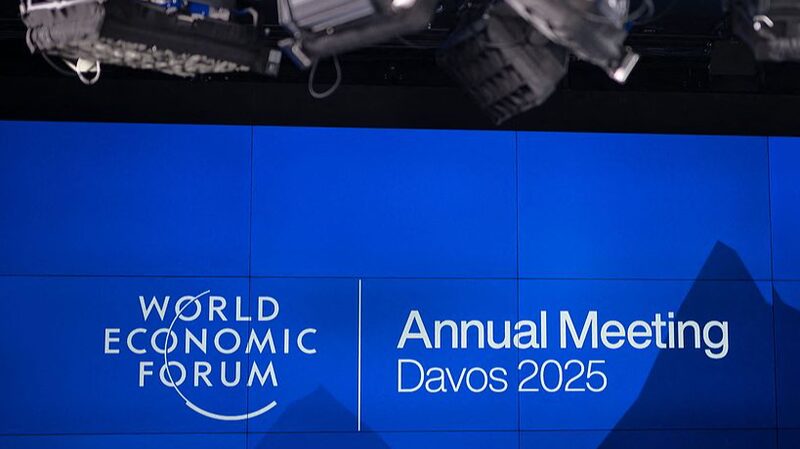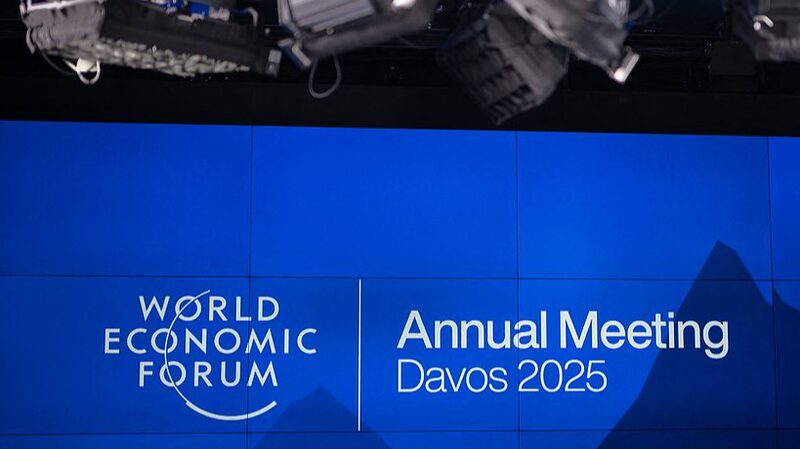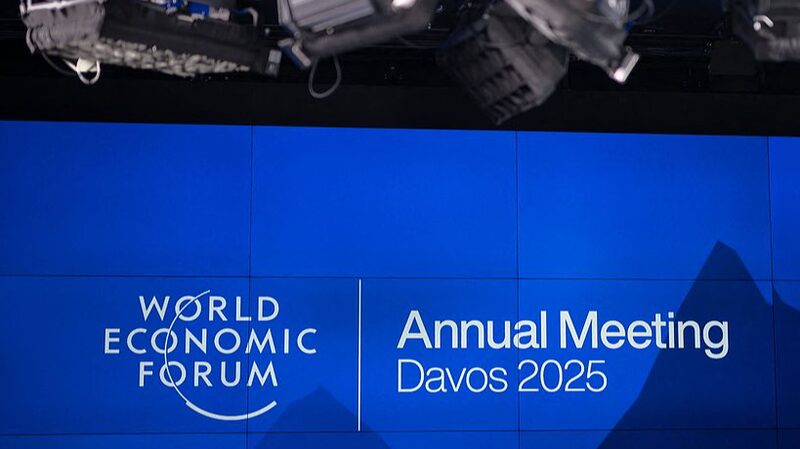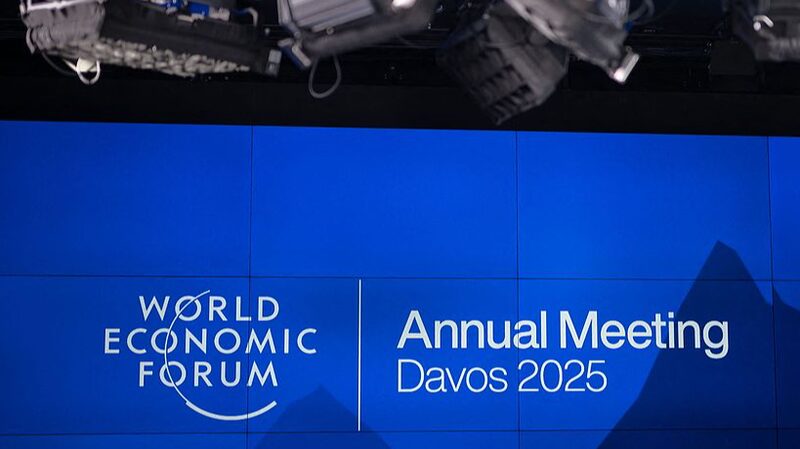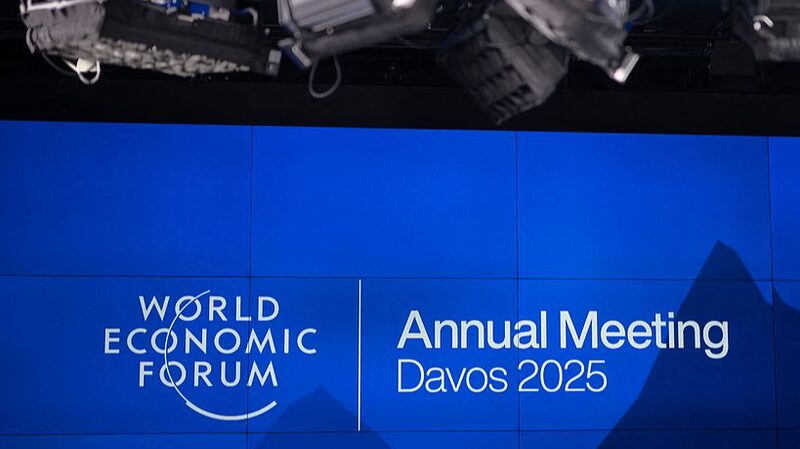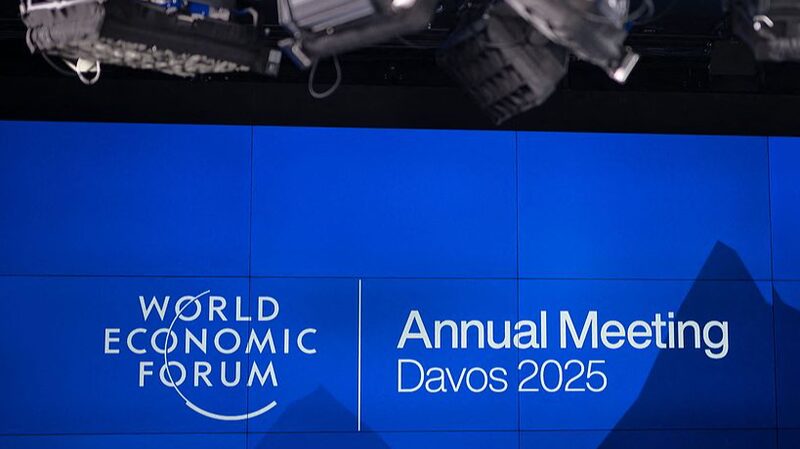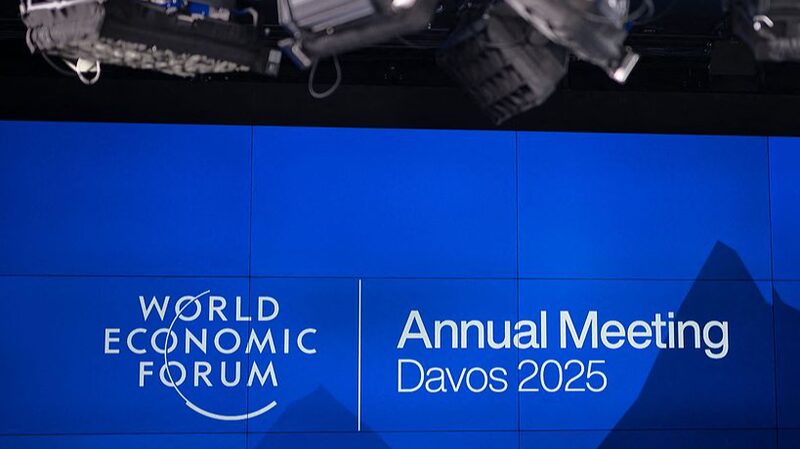The World Economic Forum (WEF) is set to host its annual meeting from January 20 to 24 in Davos, Switzerland. This global gathering is expected to bring together nearly 3,000 leaders from politics, academia, and business, including 60 heads of state and government. As the world faces unprecedented challenges and opportunities, Davos 2025 promises to be a pivotal moment for shaping the future.
Throughout its history, the WEF has been a catalyst for significant global developments. In 1992, Nelson Mandela and F.W. de Klerk met at Davos for the first time outside South Africa, symbolizing a turning point in the fight against apartheid. In 1998, amidst a financial crisis, the forum became the birthplace of the idea to create a dialogue platform between developed and developing nations, laying the groundwork for the Group of 20 (G20).
As geopolitical and economic uncertainties intensify, and issues like trade tensions, cultural polarization, and climate challenges become increasingly intertwined, the agenda for Davos 2025 is anticipated to be more critical than ever. Meanwhile, rapid advancements in quantum computing, biotechnology, and artificial intelligence offer unique opportunities to enhance productivity, improve living standards, and reduce poverty and inequality.
Under the theme “Collaborating for the Intelligent Age,” Davos 2025 will focus on harnessing converging technologies to uplift humanity while addressing the risks of further division. The forum will center around five key priorities: “Rethinking Growth,” “Industries in the Intelligent Age,” “Investing in People,” “Safeguarding the Planet,” and “Rebuilding Trust.” These priorities aim to foster collaboration and innovation to tackle the complexities of our rapidly changing world.
As the global community looks toward Davos 2025, there is hope that collective action and intelligent collaboration will pave the way for a more prosperous and equitable future. The discussions and decisions made at this gathering could set the course for addressing some of the most pressing challenges of our time.
Reference(s):
cgtn.com
